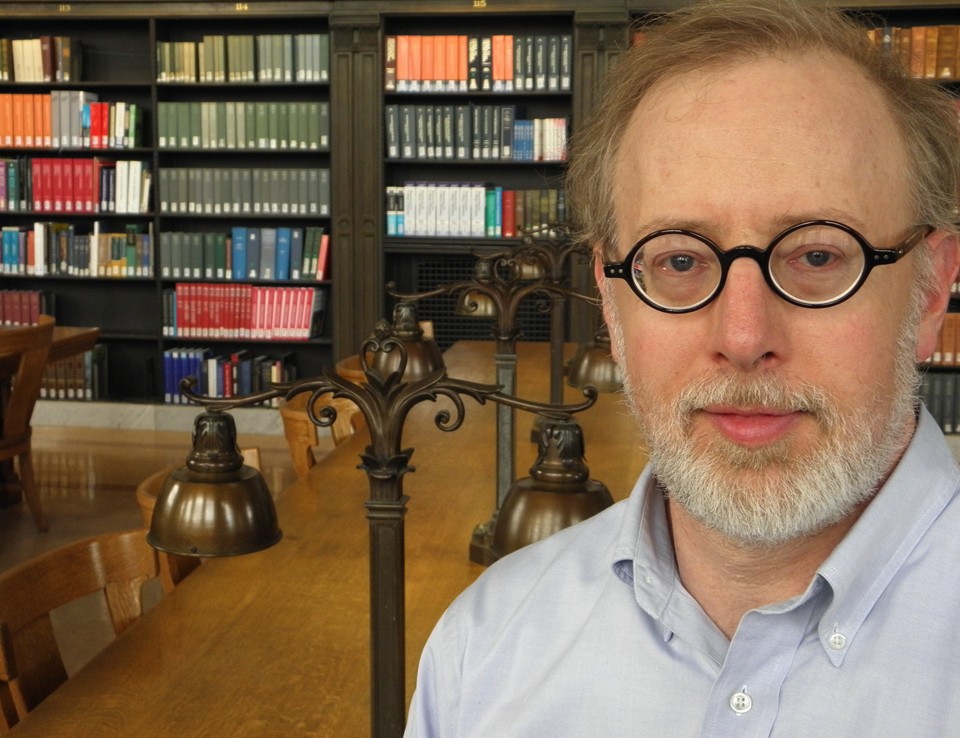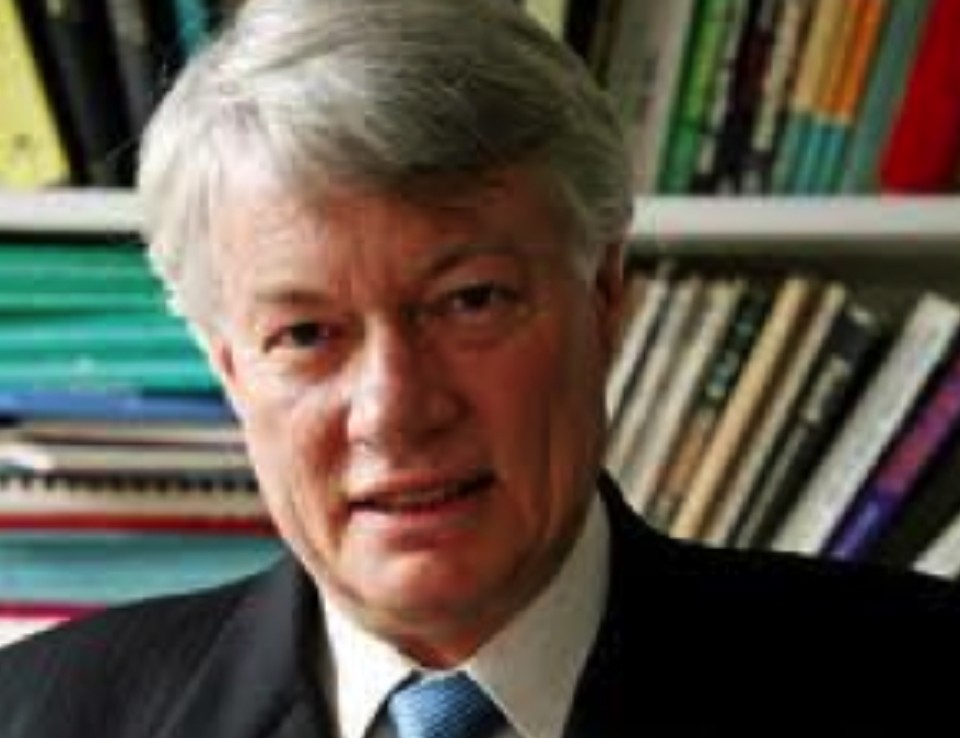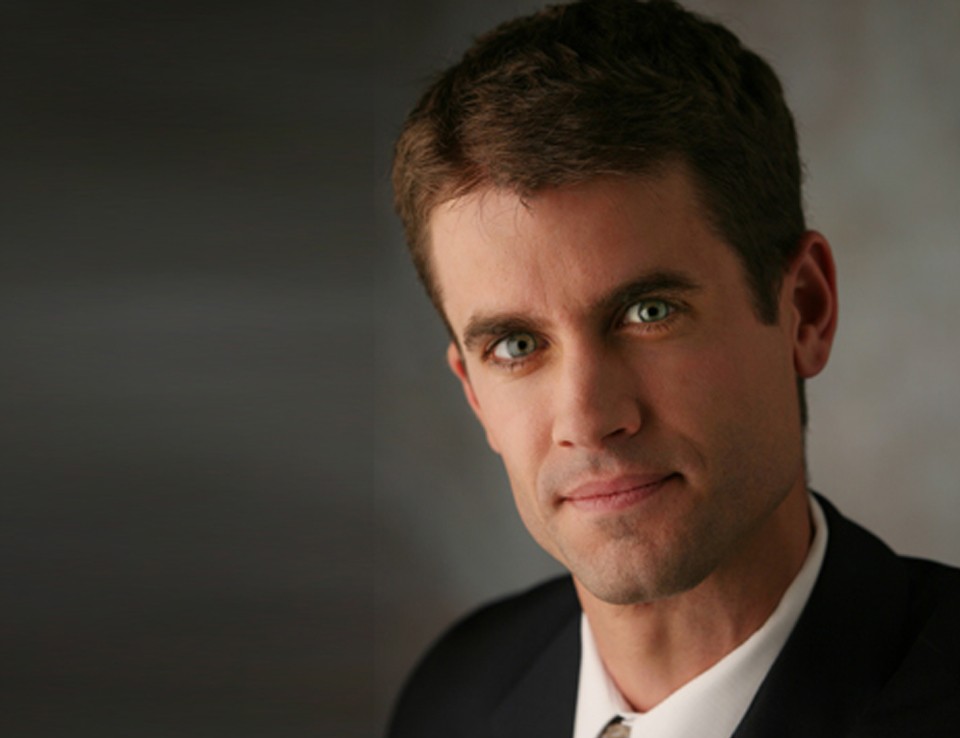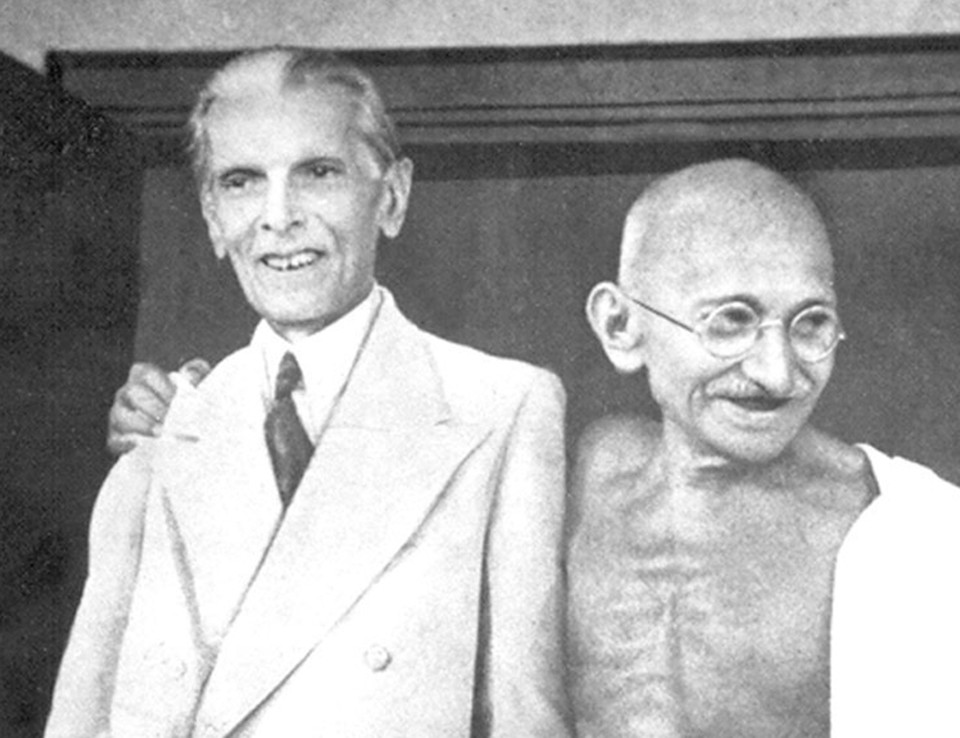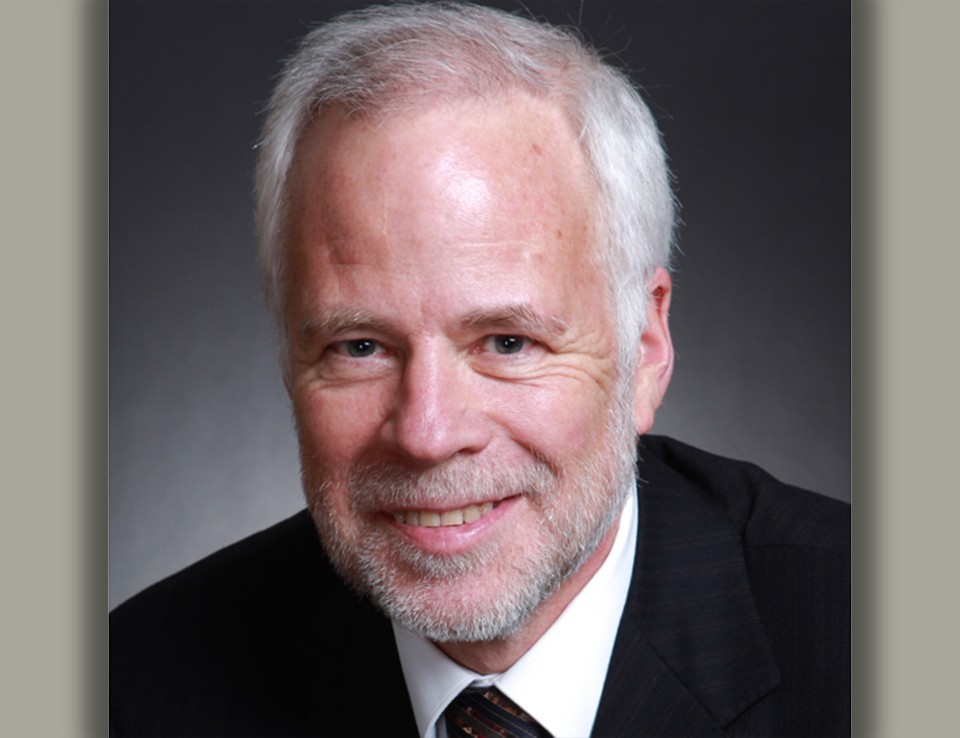Geoffrey Robertson explains how democratic countries can combat genocide denial without denying free speech, and makes a major contribution to understanding and preventing these horrific crimes.
Geoffrey Robertson QC has been counsel in many landmark cases in constitutional, criminal, and media law in the courts of Britain and the Commonwealth and he makes frequent appearances in the Privy Council and the European Court of Human Rights.
His recent cases include among others: appearing for the Wall Street Journal in Jameel v WSJ, the landmark House of Lords decision which extended a public interest defense for the media in libel actions; representing Tasmanian aborigines to stop Britain’s Natural History Museum from experimenting on the remains of their ancestors; arguing the Court of Appeal case which first defined “terrorism” for the purpose of British law; arguing for the right of the public to see royal wills and representing a trust for the education of poor children in litigation in Anguilla over a billion dollar bequest.
He has also maintained a wide advisory practice and has served part-time as a United Nations appeal judge at its war crimes court in Sierra Leone. In 2008 the U.N. Secretary General appointed him as one of the three distinguished jurist members of the U.N.’s Internal Justice Council.
Robertson is also the author of Crimes against Humanity – The Struggle for Global Justice, now in its third edition; of a memoir, The Justice Game, which has sold over 100,000 copies, and of Robertson and Nicol on Media Law. He writes and broadcasts regularly on international legal issues and is the creator of Geoffrey Robertson’s Hypotheticals for television and for ethics education. His most recent book, An Inconvenient Genocide: Who Now Remembers the Armenians, demonstrates beyond reasonable doubt that the horrific events of 1915 against Armenians constituted the crime against humanity that is known today as genocide.
Geoffrey Robertson is founder and head of Doughty Street Chambers, United Kingdom’s leading human rights practice, which comprises some 80 barristers and 30 staff. He is a Bencher of the Middle Temple; and a Recorder (part-time judge) in London; an Executive Member of Justice, and a trustee of the Capital Cases Trust. He is visiting professor in Human Rights at Queen Mary College, University of London.
Mr. Robertson’s Athenaeum talk is co-sponsored by the Mgrublian Center for Human Rights.

